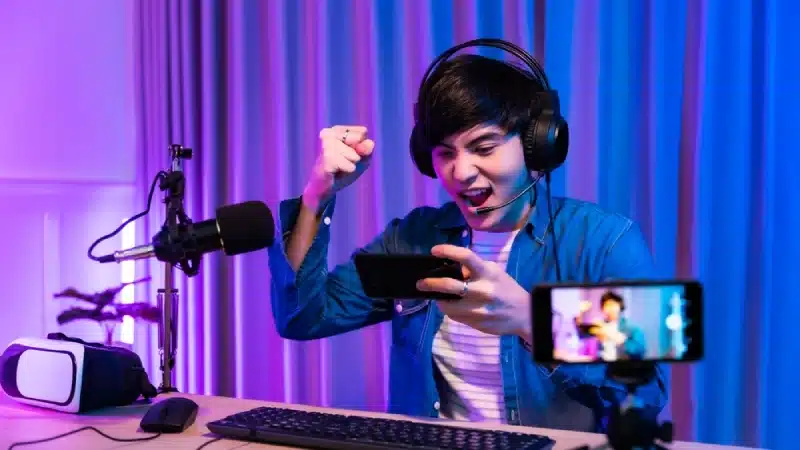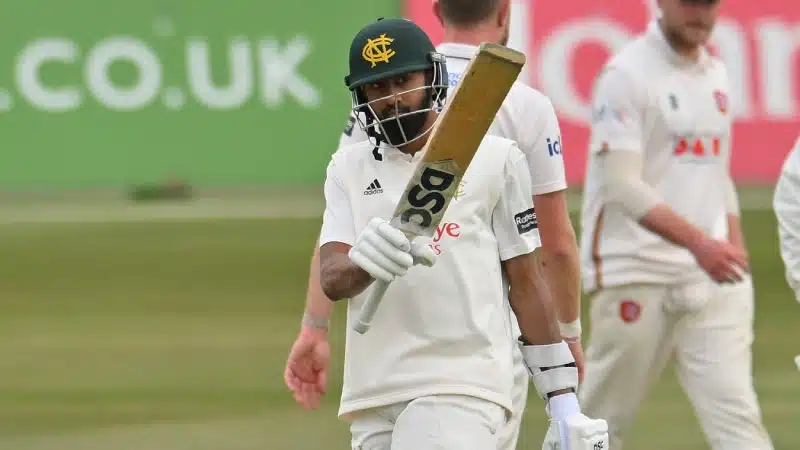Ending esports elitism: Mobile esports deserves its spotlight

PC gaming has long been the foundation of esports, with major titles like League of Legends (LoL) and Dota 2 leading the scene. This helped cement PC gaming as the gold standard, as it gets the headlines, the sponsors, and the million-dollar prize pools.
However, there’s more to esports than just high-end gear, which is where mobile esports come in. It’s no longer a side act of casual gaming, as it has long been winning over fans worldwide. Tournaments like the Mobile Legends: Bang Bang (MLBB) World Championship rack up millions of views every season.
Fanbases are growing and players are also building names, but why is mobile esports still not seen as ‘real’ esports? The PC elitism that’s been going on for years is outdated and must be confronted.
Mobile esports stats speak volumes
Mobile gaming has undeniably turned global. People across Southeast Asia, India, the Middle East, and Latin America play Mobile Legends, PUBG Mobile, Free Fire, and Call of Duty Mobile.
The current most-viewed mobile esports in the world is MLBB’s M6 World Championship 2024, which peaked at over 4.13 million views. The season also recorded the game’s highest-ever total hours watched, with 86.5 million. The PUBG Mobile Global Championship came in second place with over 927,000 peak viewers.
These numbers rival or even surpass major PC events. Dota 2’s The International 2024 only garnered 1.43 million peak viewers. If reach and engagement define what ‘real’ esports is, then mobile games are already there.
Accessibility and real talent
Gaming PCs are expensive, and not everyone can afford them, especially in regions where income gaps limit access to high-end gear. Mobile esports breaks that barrier. All you need is a phone, good internet, and the drive to play.
This makes mobile gaming more inclusive, as it opens the door for left-out players to enter the scene and compete with their skills. This also means organisations get access to a broader talent pool.
Elitism in esports must end
Despite its growth, mobile esports still faces lame arguments. Some say they’re less skill-based games than PC and console, while others argue that their mechanics are simple and anyone can compete. However, these don’t sum up what happens behind each team.
Top mobile pros also train every day. They scrim, study meta changes, and run through match reviews like any other pro. Mobile games may have different gameplay, but they demand just as much strategy, speed, and skill.
Redefining esports culture
Mobile games shouldn’t be treated as ‘lite’ versions of PC and console esports, as they are carving their own path. These games can easily thrive in short-form content spaces like TikTok, which is where a new wave of fans is growing.
Players are also gaining fan bases, styles, and content like PC legends. Mobile esports isn’t behind, nor is it a lame option. It’s time to give these games their well-deserved spotlight.














